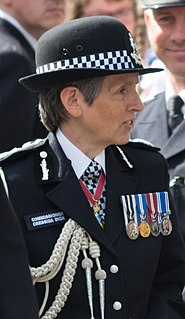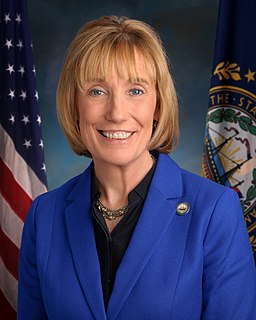A Quote by Talib Kweli
When I'm in the studio, I'm strictly thinking about the beats, the rhymes and the song. The decision I make once the songs are created, and there's a barcode put on the package, and I'm out there in the street selling it, those decisions as a businessman are different than the creative decisions you make.
Related Quotes
The way to make better decisions is to make more of them. Then make sure you learn from each one, including those that don't seem to work out in the short term: they will provide valuable distinctions to make better evaluations and therefore decisions in the future. Realize that decision making, like any skill you focus on improving, gets better the more often you do it.
That is the great thing about policing, you do have a lot of responsibility very early and you have got to make decisions, sometimes life and death decisions, very quickly and there is something about putting a uniform on and thinking 'people are looking to me to make decisions and to look after them' that makes you feel capable.
I'm a very good decision maker because I have core set of principles and so I can make decisions. Decisions can be very hard and you have to wrestle with them, but I'm able to get all the data on the table and figure out what would be the best decision because decisions mean ill for some people and mean positives for others.
Collectivism takes on many guises and seldom uses its own real name. Words like 'community' and 'social' soothe us into thinking that collectivist decision-making is somehow higher and nobler than individual or 'selfish' decision-making. But the cold fact is that communities do not make decisions. Individuals who claim to speak for the community impose their decisions on us all.
We have to help decision makers realize that women's reproductive health rights are civil rights and that women need to be free to make the same decisions that men are free to make with regard to health care and whether and when to have a family. It's going to be increasingly important for women to speak up not only about being able to make our own decisions, but also about the importance of being trusted to make our own decisions.
But to procrastinate and prevaricate simply because you're afraid of erring, when others - I mean our brethren in Germany - must make infinitely more difficult decisions every day, seems to me almost to run counter to love. To delay or fail to make decisions may be more sinful than to make wrong decisions out of faith and love.
Any time you do something, you make decisions about time and space. I wanted those decisions to be out of my hands. I could be dragged, carried along by another person, I could be a receiver. I could be the agent of the overall scheme, but I didn't want to be the agent of the particular action. I could make the ultimate decision that my space is going to change now, but I don't know where it's going to go.




































